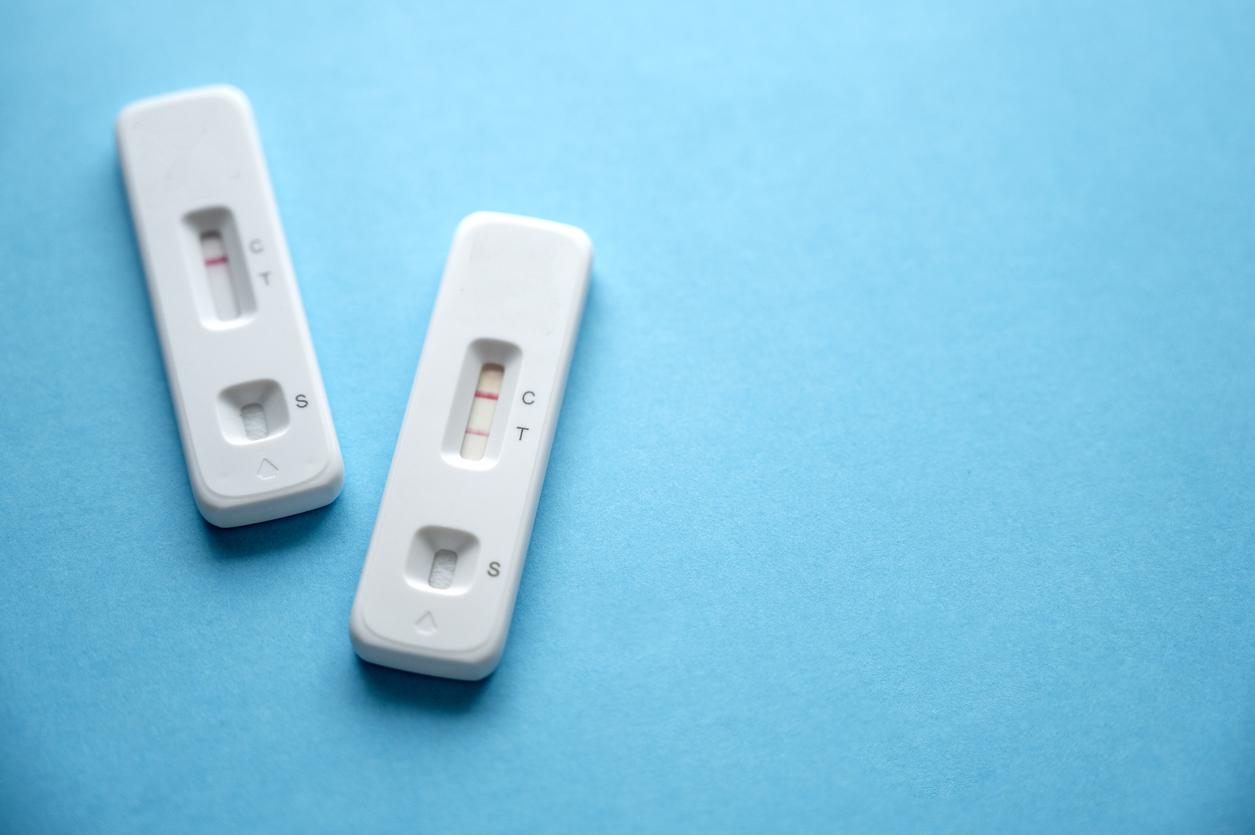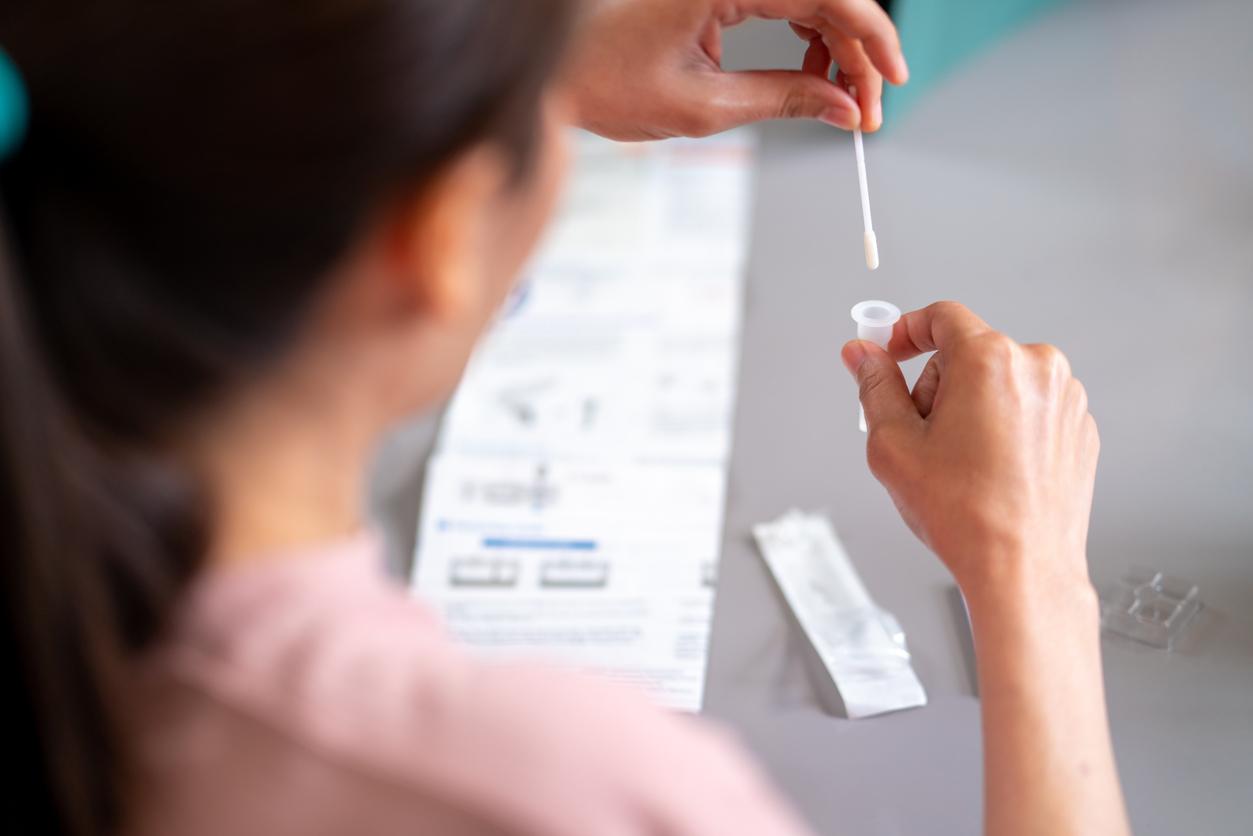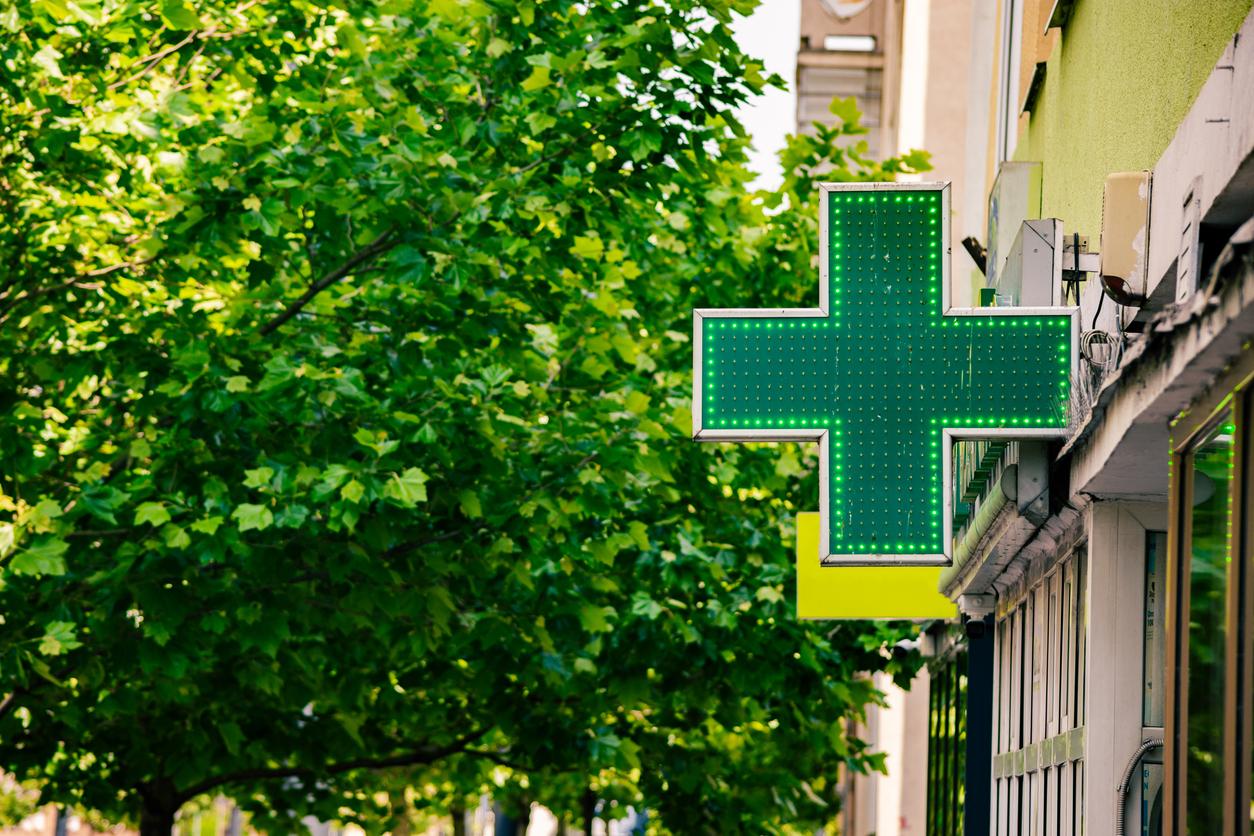The end of the pharmacist monopoly is what a report from the General Inspectorate of Finance proposes. A recommendation strongly contested by the federation of dispensing pharmacists.

Outreach of pharmacists. A report from the General Inspectorate of Finance (IGF) recommends the end of the pharmacies monopoly and the opening for the sale of certain non-refundable prescription drugs, such as Spasfon or Doliprane. These findings have elicited many hostile reactions from pharmacists. The Minister of Economy, Arnaud Montebourg, sees it as a good way to lower prices and boost the purchasing power of households. Michel-Edouard Leclerc, CEO of the Leclerc group, shares this opinion. In an interview with France Info, he explains that the sector must be made more competitive.
A drug is not neutral
Received by Arnaud Montebourg on Wednesday, the federation of dispensing pharmacists (FSPF) tried to convince him not to end their monopoly. They believe that even non-reimbursable drugs are not a “commodity commodity”. Same observation on the side of the Confederation of Syndicates of Physicians of France (CSMF), “such recommendations are unacceptable because they endanger the health of patients. These are neither sweets nor peas, but drugs containing active ingredients with customary precautions and health risks, including when it comes to paracetamol or aspirin. “And only pharmacists would be able to provide the best support to consumers to obtain these drugs, without risk.
Michel-Edouard Leclerc also agrees with them, while recalling that this advice could as well be exercised in supermarkets. “It is only in France that there is a monopoly of the dispensary. Me, I am for the monopoly of the pharmacist, of the expertise, not of the structure ”, explained the CEO of the Leclerc group, who pleads for the presence of pharmacy preparers in supermarkets or hypermarkets.
Prices must go down
The Minister of the Economy, for his part, wants to reduce the prices of non-reimbursable drugs by 20 to 25%. To which the FSPF responds that “drugs in France are among the cheapest in Europe”. Breaking the monopoly of pharmacists would generate losses of turnover for pharmacies of around 1.5%. Another point of contention is the creation of drugstore chains proposed by the government. It should involve pharmacists selling part of their business to investors.
Finally, currently, “the territorial distribution of pharmacies guarantees access to care at all points of the territory”. This measure could therefore be a source of inconvenience for consumers in certain regions. The FSPF also deplores the fact that the sale in supermarkets does not make it possible to advise customers as well, and as the CSMF reminds us, too many accidents still occur as a result of drug interactions.
Pharmacies 2.0
There remains the challenge of internet sales, which worries many in the profession. In France, internet sales are only possible if the pharmacist already has a physical pharmacy. And only drugs not subject to prescription can be offered. But Mr. Montebourg confirmed to pharmacists that he wanted France to be more present on the web in the field of the sale of drugs. For the FSPF, encouraging this type of sale can encourage counterfeiting, whereas on the contrary, “the pharmacy network protects against counterfeiting”.
Whether the future of the pharmacy is in supermarkets or on the Internet, pharmacists especially denounce a lack of visibility. They say they are confused by the changing rhetoric of the government. The Minister of Health Marisol Touraine, seems in favor of the monopoly of pharmacists, and Arnaud Montebourg wants, him, to lower the prices of drugs, while many French people still give up treatment, for lack of means.
.

















